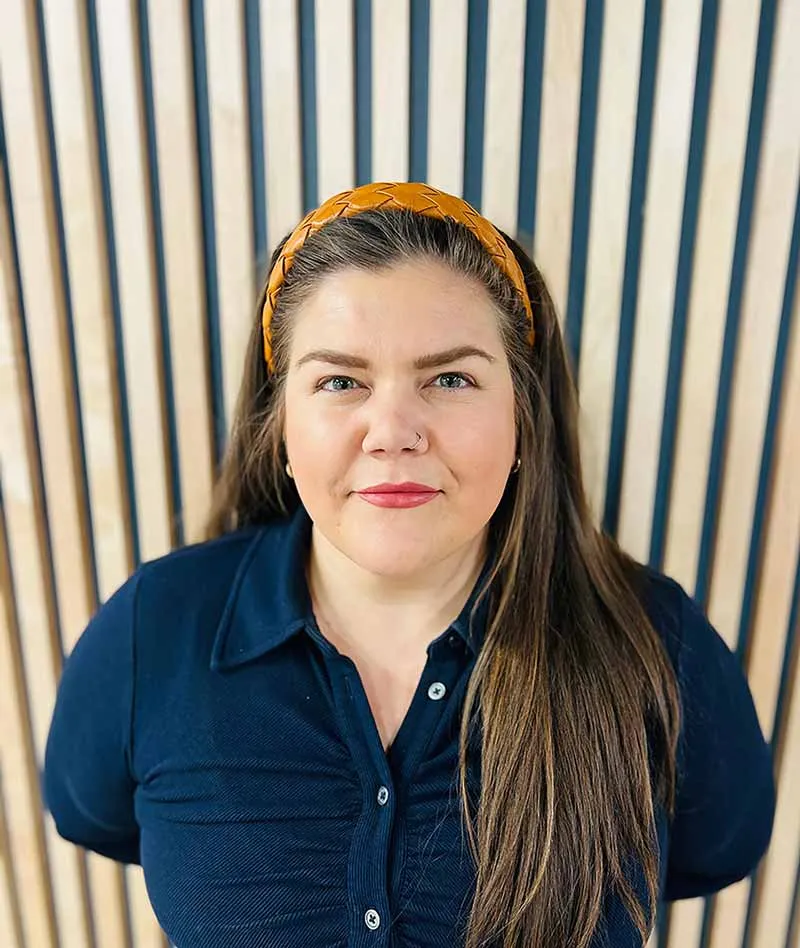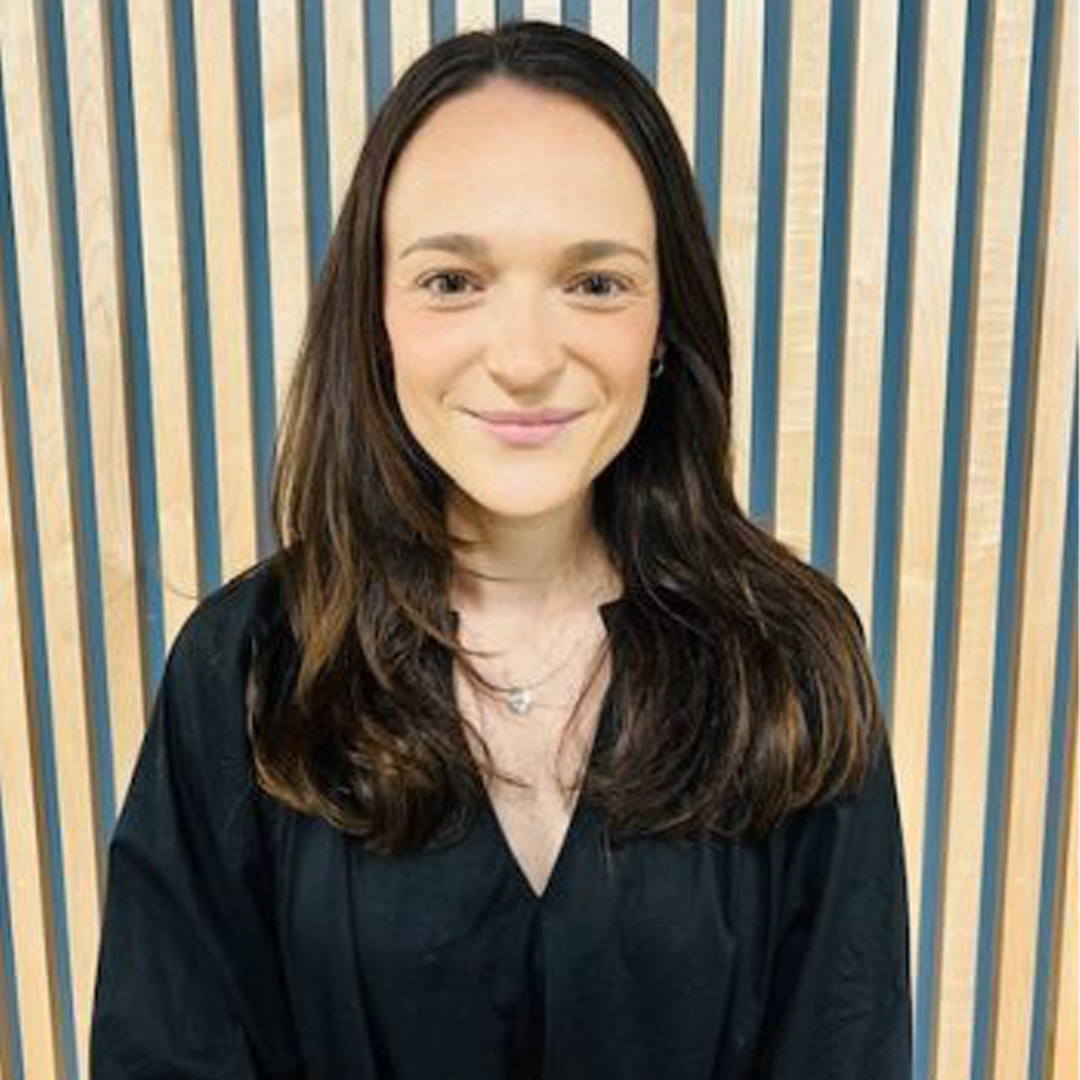Depression Treatment in Atlanta, GA
Find Help For Depression.
Our depression treatment in Atlanta, Georgia provides a safe space for individuals to process and overcome symptoms of depressive disorders and re-find their happiness.
At Valor Behavioral Health, we understand the profound impact that depression can have on your life. Our comprehensive depression treatment programs in Atlanta, Georgia are designed to provide you with the support, care, and tools you need to overcome depression and regain a sense of normalcy and happiness in your life. Don’t let depression control your life any longer—take the first step towards healing today.
If you or a loved one are struggling with Depression, our mental health programs in Atlanta can help. Call us now at 866-395-6480 or verify your insurance.
What is Depression?
Depression is a common but serious mood disorder that affects how you feel, think, and handle daily activities. It is more than just feeling sad or going through a rough patch; it is a persistent condition that requires professional treatment.
Symptoms of depression can include persistent sadness, loss of interest in activities once enjoyed, changes in appetite, trouble sleeping or sleeping too much, and difficulty concentrating.
How Do I Know I Need Depression Treatment?
Recognizing the need for depression treatment can be challenging. You may need professional help if you experience these signs of depression:
- Persistent feelings of sadness or hopelessness
- Loss of interest in hobbies or activities
- Poor personal hygiene
- Irritability or outbursts of anger
- Significant changes in appetite or weight
- Insomnia or excessive sleeping
- Fatigue or lack of energy
- Physical pain with no medical cause
- Difficulty concentrating or making decisions
- Thoughts of death or suicide
If these symptoms interfere with your daily life, it’s time to seek help.
Our Atlanta Depression Treatment Programs
Valor Behavioral Health offers several levels of care tailored to meet the unique needs of each individual. We also offer demographic specific care for adolescents between the ages of 13 and 17. Regardless of where you are on your recovery journey, we are available to offer you the guidance and support you need to overcome depression and begin living the happy, fulfilling life you deserve.
Partial Hospitalization Program (PHP)
Our Partial Hospitalization Program offers intensive treatment while allowing you to return home in the evenings. This level of care is suitable for individuals who need a structured treatment plan but have a stable and supportive home environment.
Our PHP includes daily therapy sessions, medical monitoring, and comprehensive support designed to address both the symptoms and underlying causes of depression. Our multidisciplinary team works closely with you to develop a personalized treatment plan that includes individual therapy, group therapy, family therapy, and holistic approaches to ensure a well-rounded recovery process.
Intensive Outpatient Program (IOP)
Our Intensive Outpatient Program is designed for individuals who need more support than traditional outpatient care but do not require round-the-clock supervision. The IOP offers a flexible treatment schedule that allows you to continue with your daily responsibilities while receiving the care you need.
This program includes group therapy, individual counseling, and educational sessions that focus on developing coping strategies, enhancing emotional regulation, and building a supportive community. The IOP is an excellent option for those transitioning from a higher level of care or seeking a structured treatment plan that accommodates their lifestyle.
Outpatient Treatment
Outpatient treatment is ideal for those with mild to moderate depression who need ongoing support while maintaining their daily responsibilities. This program offers flexible scheduling and various therapeutic options, including individual therapy, group therapy, and family therapy.
Our outpatient treatment is designed to provide continuous support and guidance as you navigate the challenges of depression. It focuses on building resilience, improving communication skills, and fostering a sense of connection with others. With a strong emphasis on long-term recovery, our outpatient program helps you develop the tools and strategies needed to maintain your mental health and well-being.
Adolescent Treatment Program
At Valor Behavioral Health, we recognize that adolescents face unique challenges when dealing with depression. Our Adolescent Treatment Program is specifically designed for individuals between the ages of 13 and 17. This program provides age-appropriate therapy, education, and support in a safe and nurturing environment.
We offer individual counseling, group therapy, family therapy, and recreational activities that promote healthy development and emotional resilience. Our multidisciplinary team works closely with adolescents and their families to create personalized treatment plans that address their specific needs and support their journey towards recovery. By focusing on the unique aspects of adolescent depression, we help young individuals build a strong foundation for a brighter future.
Recommended: “Behavioral Health Treatment: What You Need to Know“
Types of Depression
Depression manifests in various forms, including:
- Major Depressive Disorder (MDD): Characterized by a persistent feeling of sadness or lack of interest in external stimuli.
Persistent Depressive - Disorder (PDD): Also called dysthymia, PDD is a chronic form of depression lasting for at least two years.
- Bipolar Disorder: Formerly called “manic-depression,” bipolar disorder involves episodes of depression alternating with periods of mania.
- Postpartum Depression: Occurs after childbirth, characterized by severe mood swings and feelings of inadequacy.
- Seasonal Affective Disorder (SAD): Depression related to changes in seasons, typically occurring in winter.
How is Depression Diagnosed?
Depression is diagnosed through a comprehensive evaluation that includes:
- Clinical Interview: A thorough assessment of your symptoms, medical history, and mental health history.
- Psychological Testing: Standardized questionnaires and tests to assess the severity of your depression.
- Physical Exam: To rule out any underlying medical conditions that may contribute to your symptoms.
What to Expect During Depression Treatment in Atlanta
When you choose Valor Behavioral Health for depression treatment in Atlanta, you can expect:
- Personalized Treatment Plans: Tailored to your specific needs and goals.
Therapeutic Support: Including individual therapy, group therapy, and family therapy. - Medication Management: Supervised by our medical professionals to ensure safe and effective use.
- Holistic Therapies: Such as yoga, meditation, and art therapy to complement traditional treatment methods.
- Aftercare Planning: To ensure a smooth transition back to everyday life and prevent relapse.
How We Treat Depression
At Valor Behavioral Health, our comprehensive approach to depression treatment includes a variety of therapeutic modalities tailored to meet the individual needs of each patient.
Our experienced psychiatrists play a crucial role in the treatment of depression. They conduct thorough evaluations to diagnose the condition accurately and develop personalized treatment plans. This often includes medication management to address chemical imbalances in the brain.
Medications such as antidepressants can be effective in alleviating symptoms, and our psychiatrists closely monitor patients to adjust dosages and ensure optimal outcomes.
Additionally, our psychiatric team collaborates with therapists to integrate medication with other therapeutic interventions for a holistic approach to recovery.
Cognitive-behavioral therapy (CBT) is a cornerstone of our depression treatment programs. This evidence-based therapy focuses on identifying and changing negative thought patterns and behaviors that contribute to depression. Through structured sessions, patients learn to challenge and reframe their thoughts, develop healthier coping mechanisms, and improve their emotional regulation.
CBT empowers individuals to gain control over their depression by providing practical tools and strategies that can be applied in everyday life, leading to lasting positive changes.
Somatic therapy addresses the physical manifestations of depression, recognizing the interconnectedness of mind and body. This therapeutic approach involves body-centered techniques such as mindfulness, breathing exercises, and movement therapies.
By helping patients become more aware of their bodily sensations and release stored tension, somatic therapy can alleviate physical symptoms of depression and promote overall well-being. This holistic method supports emotional healing and complements other forms of therapy to provide a comprehensive treatment experience.
Our holistic therapy programs integrate various complementary treatments to support overall well-being and enhance traditional therapeutic approaches. This includes practices such as yoga, meditation, acupuncture, and nutritional counseling.
By addressing the mind, body, and spirit, holistic therapies aim to reduce stress, improve physical health, and promote mental clarity. These practices can help patients develop a balanced lifestyle that supports their recovery journey, providing a sense of peace and fulfillment beyond conventional treatment methods.
Recommended: “Types of Coping Skills“
Why Choose Valor Behavioral Health
Choosing Valor Behavioral Health means you are opting for a dedicated team of professionals committed to your recovery. Our advantages include:
- Experienced Staff: Board-certified psychiatrists, licensed therapists, and experienced support staff.
- Comprehensive Care: Integrated treatment plans addressing both mental health and co-occurring disorders.
- Comfortable Environment: A serene and supportive setting conducive to healing.
- Proven Outcomes: High success rates and positive patient testimonials.
More on Depression
- Anger, irritability, or aggressiveness
- Loss of interest in work or hobbies
- Risky behavior or substance abuse
- Withdrawing from family and friends
- Feelings of guilt, worthlessness, or helplessness
- Sleep disturbances
- Changes in appetite and weight
- Chronic fatigue and lack of energy
- Depression affects over 280 million people worldwide.
- Women are twice as likely as men to experience depression.
- Depression is the leading cause of disability globally.
- Approximately 21 million adults in the United States had at least one major depressive episode in the past year.
Learn More About Depression Treatment in Atlanta
If you or a loved one is struggling with depression, don’t wait to seek help. Call us now or verify your insurance online at Valor Behavioral Health today to learn more about our depression treatment programs in Atlanta and take the first step toward recovery.
Additional Information:
Treatment Philosophy

Meet Our Team


















